Common Health Myths: What People Often Get Wrong
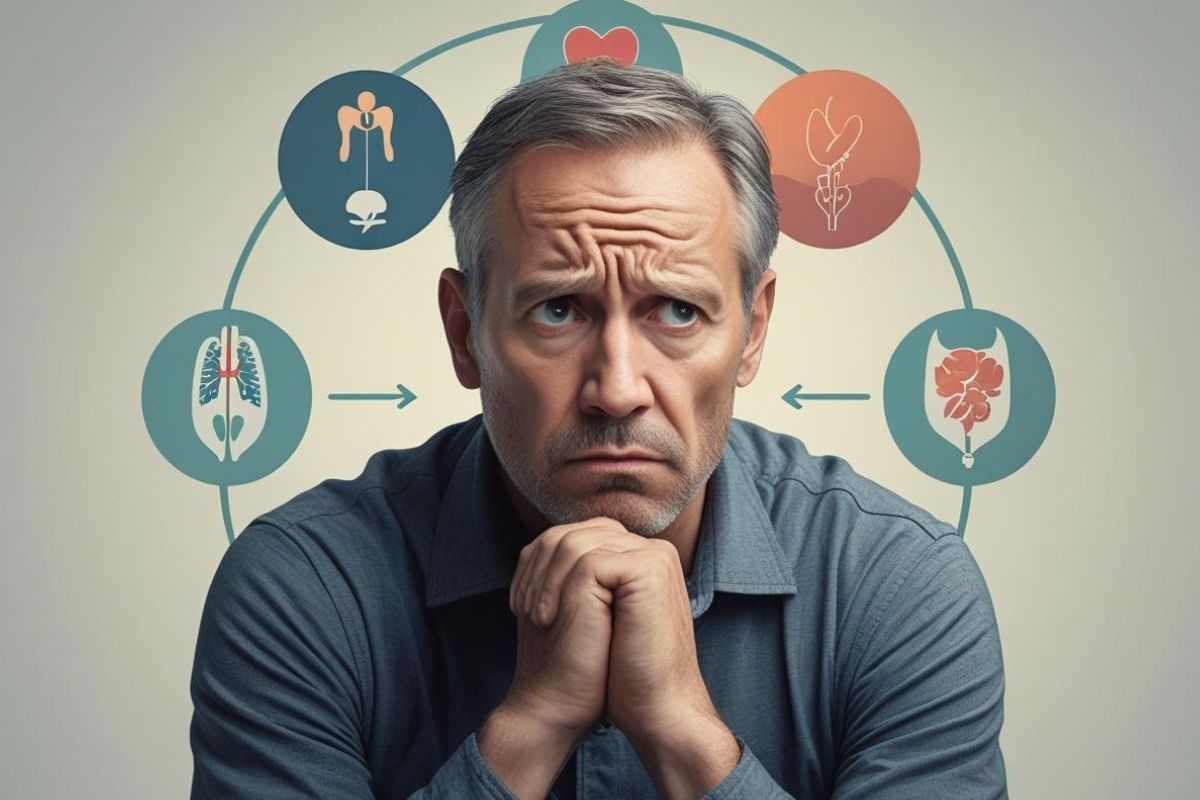
You know how everyone’s got some health advice for you? Friends and family at the dinner table, your mates at the pub, that neighbour who thinks they’re a doctor. The trouble is, a bunch of it is just flat-out wrong.
Some of these old sayings, health myths, get passed down so many times, people think they’re gospel truth. Let’s chat about some of the myths that still do the rounds and see why they don’t hold up.
1. You Must Drink Eight Glasses of Water Daily

It’s one of the most popular tips out there. Eight glasses. Every day.
The fact is, there is no one magic number. How much you need depends on what you are doing, the weather, and what you eat. If it’s one of those blazing days, or you’re running about, you’ll need more.
Hot drinks, soups, watery fruits — they all count. Best rule? Drink when you’re thirsty. If your wee is pale, you are likely doing fine.
2. Cracking Your Knuckles Will Give You Arthritis
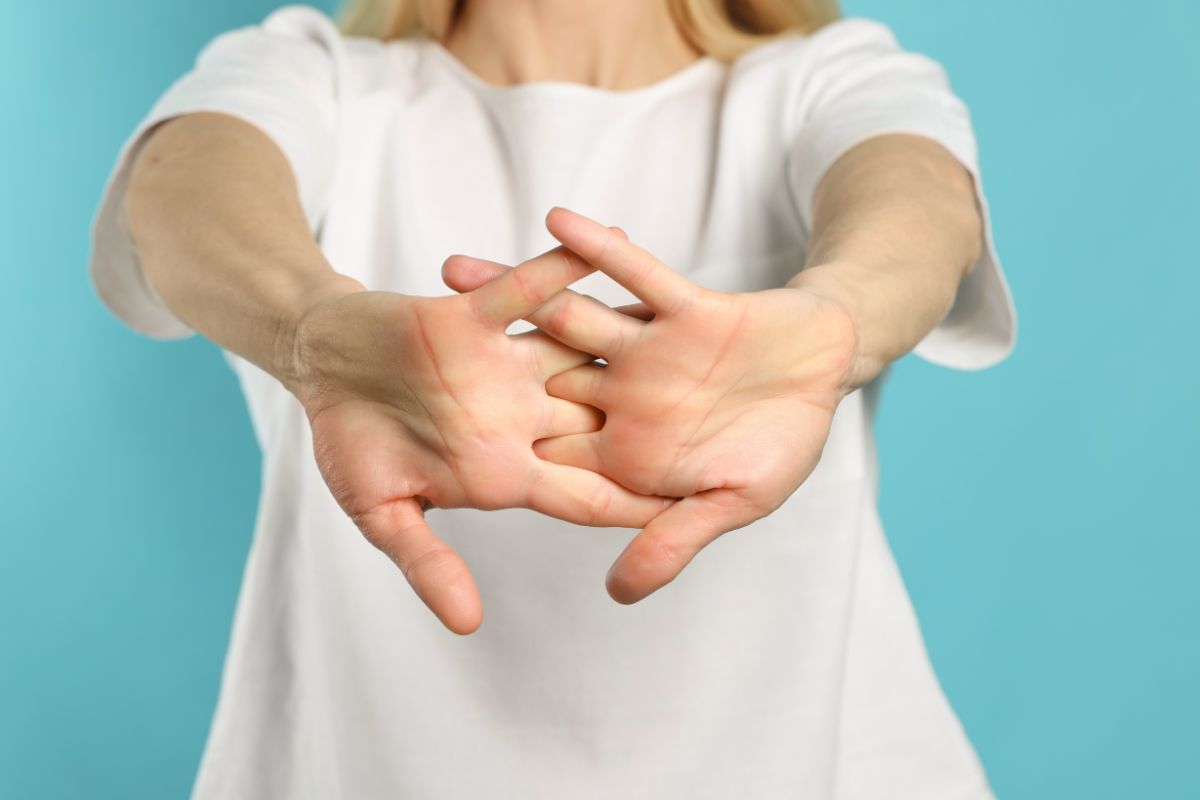
You ever been yelled at for cracking your knuckles? You’ll have gnarled old hands by 50, so they say.
It’s just the sound of bubbles arising in joint fluid and bursting. It’s not wrecking your bones.
Studies have not found any association with arthritis. It may make people crazy with the sound, but your joints won’t suddenly crumble.
3. Feed a Cold, Starve a Fever

This old line still gets quoted. Eat if you have a cold; starve if you have a fever.
Doesn’t work like that. When you’re ill, the most important thing is fluids. If you’re hungry, eat. If not, don’t force it.
Broths, soups, tea—they’re easy on the tummy and keep you going. Forget the catchy phrase. Listen to your body instead.
4. Going Out with Wet Hair Means You’ll Catch a Cold

Mums have warned us for decades about this one. Damp hair plus cold air equals a cold.
But colds come from viruses, not from being a bit chilly. Sitting around with wet hair might make you shiver, but it won’t give you a virus.
You’ll only catch a cold from someone else who has one. It’s spread through coughs, sneezes and grubby hands.
5. Sugar Makes Kids Wild

Plenty of parents swear that sweets turn their children into whirlwinds.
But when scientists put it to the test, they couldn’t find much proof. Kids don’t magically get hyper from sugar. Parties and special occasions are exciting, so kids act up. The sweets just happen to be there.
That said, too much sugar isn’t great for teeth or health. But it’s not some instant chaos button.
6. Wait an Hour After Eating Before Swimming

Who else was told you’d get dreadful cramps if you went in the pool too soon after lunch?
There’s no strong evidence for this. Sure, if you eat a giant roast and try to do laps immediately, you might feel sluggish.
But gentle swimming after a meal is fine. You’re not going to sink like a stone.
7. Eggs Are Terrible for Your Heart

Eggs had a bad reputation for ages because of cholesterol. Lots of people thought they’d clog arteries.
But newer research shows eggs are fine for most folks. They’re packed with protein and vitamins.
Unless your doctor says otherwise, there’s no reason to avoid them completely. Have that boiled egg on toast without guilt.
8. Most Body Heat Is Lost Through Your Head
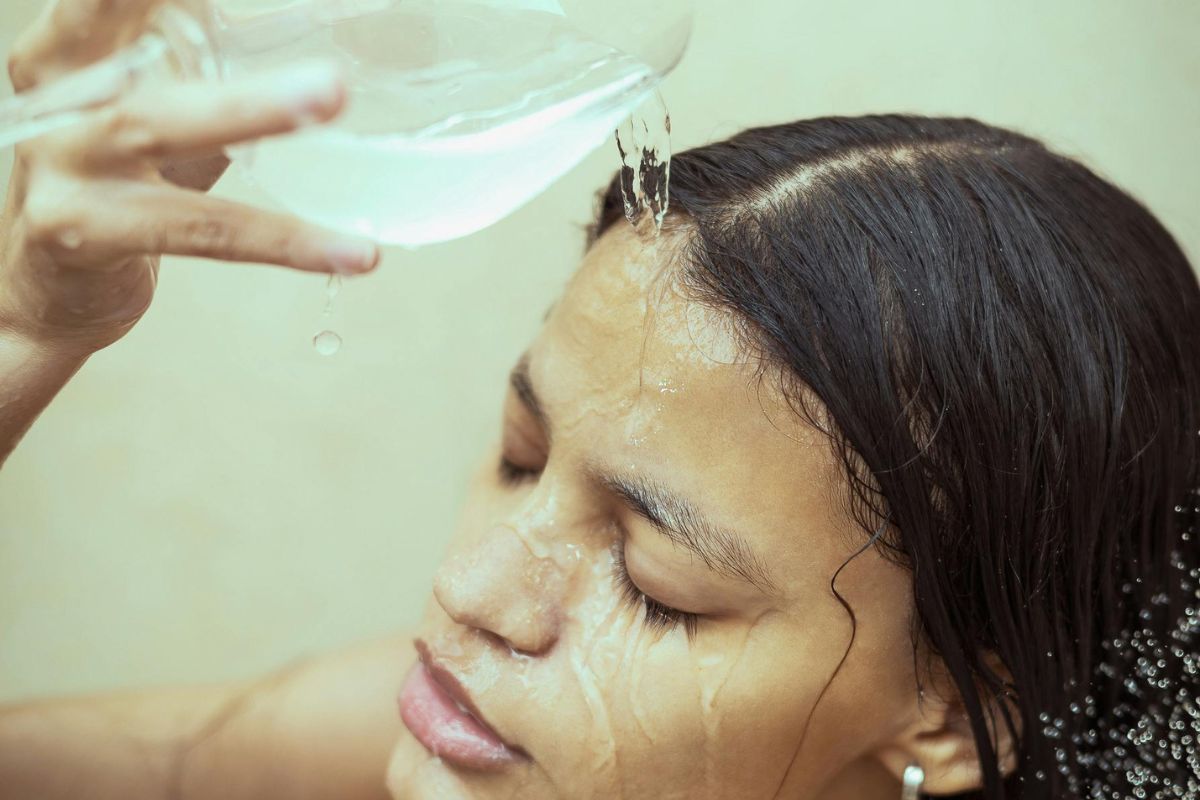
I remember being told to “put a hat on—you’ll lose all your heat through your head.”
You do lose heat from your head, but not way more than other parts. It’s just that your head is often uncovered.
If you’re bundled up everywhere else, of course heat will escape through the top. A hat is still handy on cold days, but you’re not going to freeze without one.
9. Sweating Clears Toxins
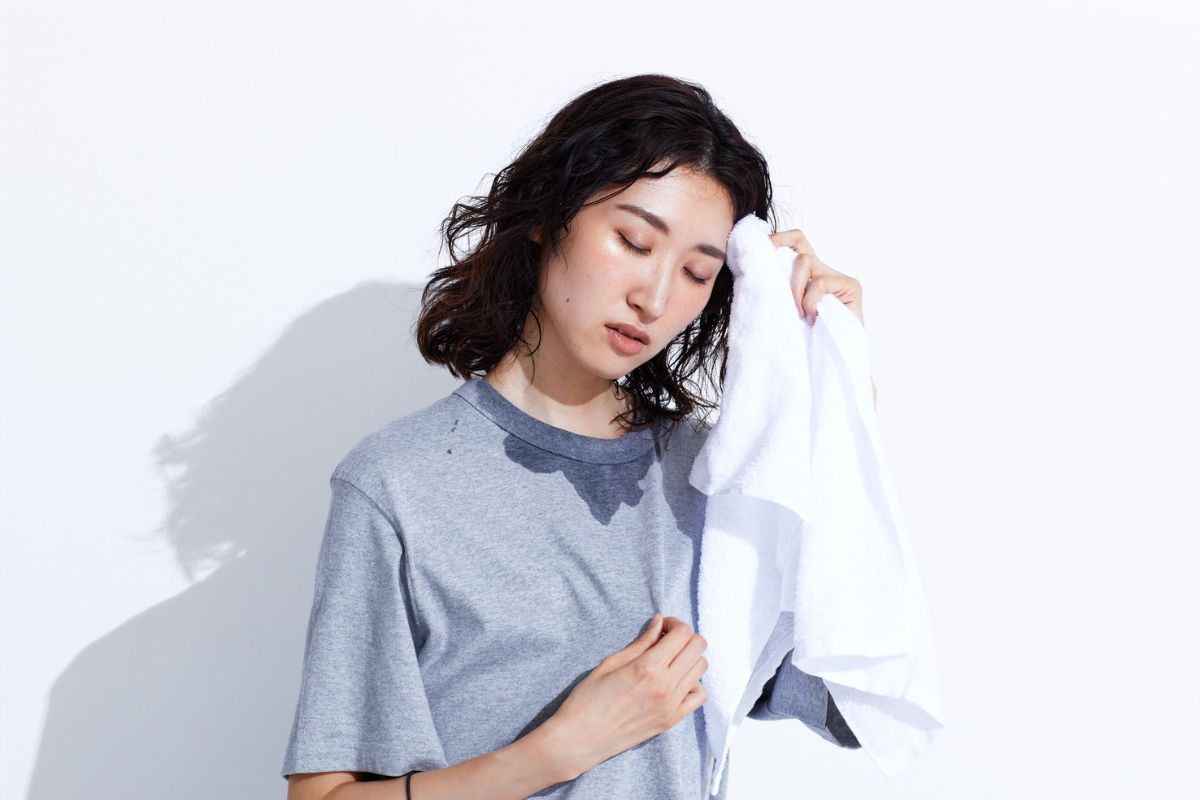
People love the idea of sweating out all the bad stuff. Saunas, heavy workouts—some claim it’s the body’s way of cleaning house.
In truth, sweat is mainly water and salt. Your liver and kidneys do the real work of dealing with waste.
While a sauna can feel relaxing and exercise is great for you, it’s not detoxing you in that magical way people claim.
10. Natural Means Safe
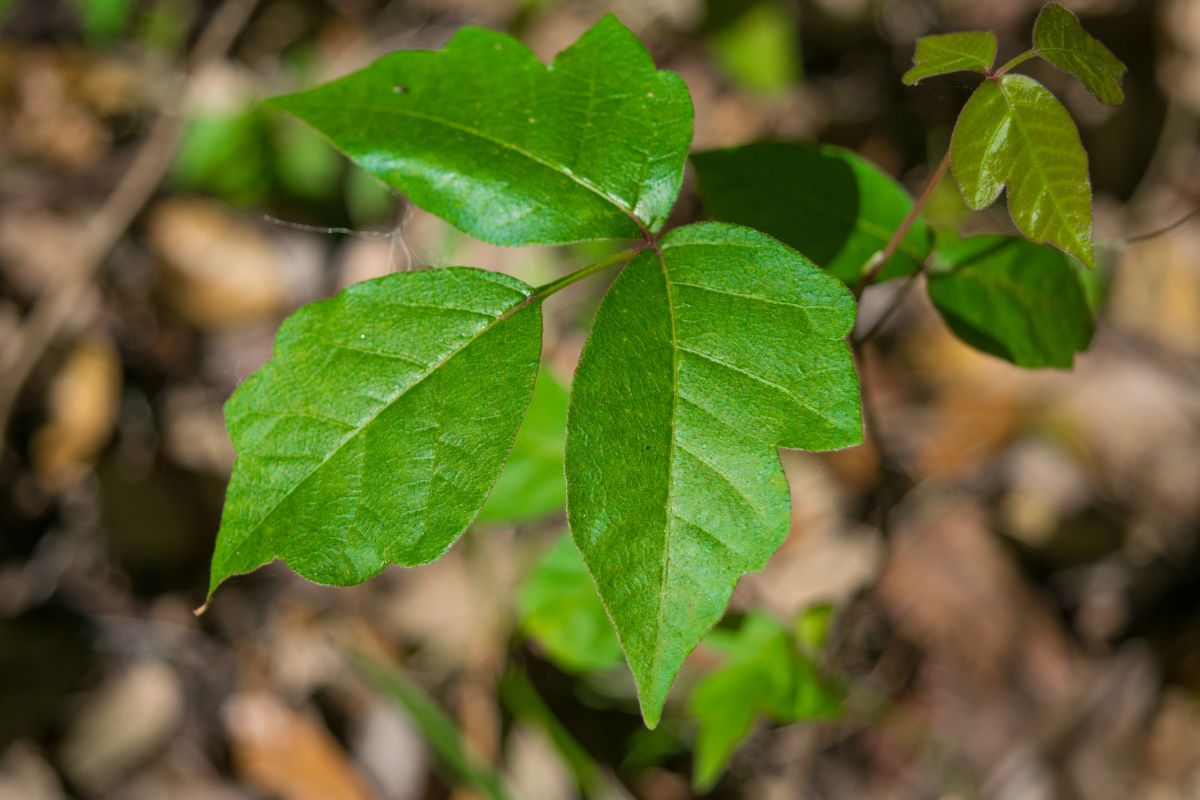
This one’s a big seller. Anything labelled “natural” is seen as healthy and safe.
But plenty of natural things can harm you. Poison ivy is natural. So are deadly mushrooms.
Even herbal supplements can interact with medicines or cause side effects. Best bet? Check with a doctor or pharmacist before trying something new.
Why These Myths Hang Around
These sayings stick because they’re easy to remember and get repeated by people we trust. Granny says it, so it must be true.
They sound simple and comforting. But they can lead to bad habits or needless worry.
How to Spot Dodgy Advice
If somebody is suggesting something that is a bit fishy, the best way is to question it. Look for solid sources. Some official NHS advice, maybe a reputable medical website, your local GP.
There’s no shame in asking. It’s your health, after all.
Final Thoughts
Health advice doesn’t have to seem like a minefield. Some of these old ideas may appear harmless, but they can deter us from taking care of ourselves properly.
The next time you hear one of these myths, think twice. And don’t fear saying, “Not sure that’s right.”
Good health is not about zinger phrases or rigid rules. It’s about eating well, moving, resting more, and visiting a professional when you need to. Don’t pay any heed to the myths and concentrate on what really does work.






